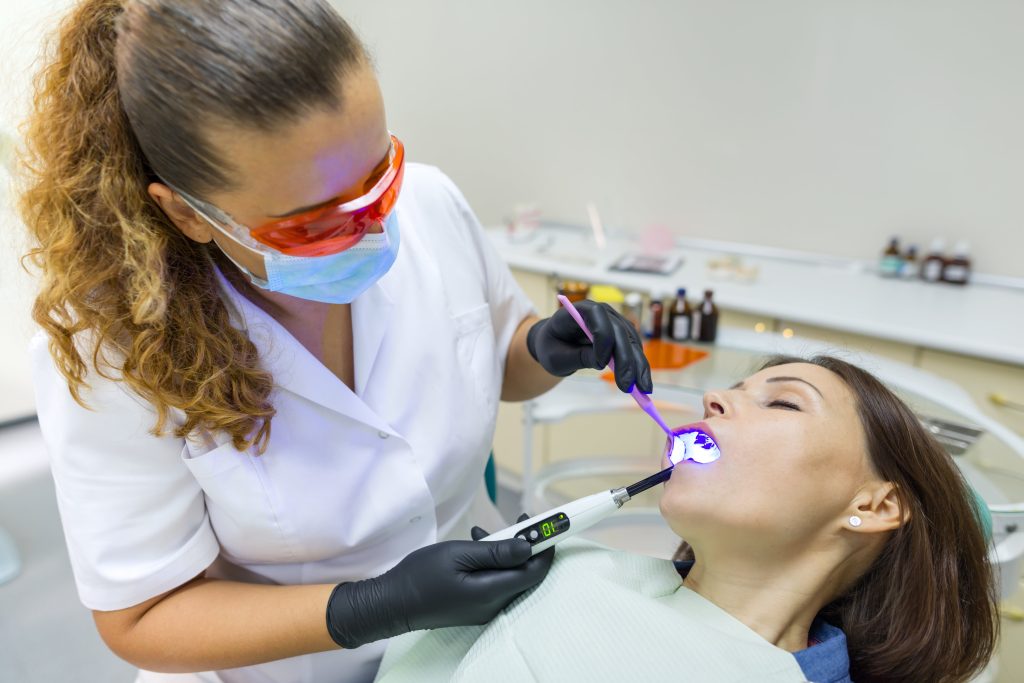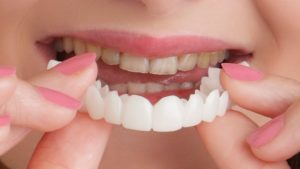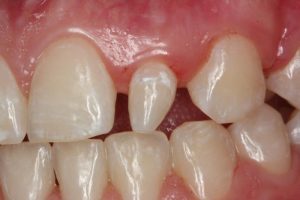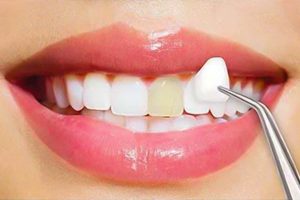I need a significant amount of dental work done. I was hoping that I could get knocked out for dental work. Is that possible? Like anesthesia?
Bennie B. – Oregon
Bennie,
While it is possible to get anesthesia, you have a much more affordable option. I suggest you look for a sedation dentist who performs IV sedation.
This is a little different from anesthesia. Think of it as conscious sedation. You’ll still feel “knocked out”, but you’ll retain all your reflexes and muscle control.
Most patients who do IV sedation don’t even remember the appointment. The additional benefit is it will be significantly cheaper.
Experiencing Dental Anxiety? Don’t Worry, It’s Common:
Many people have a fear of dental procedures. They just can’t bear the pain or discomfort that comes with even a minor surgery or procedure. Dental anxiety is a common phenomenon that can stem from various factors, including
- Fear of Pain:
Concerns about experiencing pain during dental procedures can contribute to anxiety.
- Previous Negative Experiences:
Past unpleasant dental experiences may leave a lasting impact and heighten anxiety for future visits.
- Fear of the Unknown:
Uncertainty about the procedures, instruments, or potential outcomes can contribute to anxiety.
- Sensory Sensitivities:
Some individuals may have heightened sensitivities to sounds, smells, or tactile sensations associated with dental treatments.
How to Get Knocked Out? Exploring Sedation Options:
Let’s explore the options to get knocked out for dental work.
- Nitrous Oxide (Laughing Gas):
Nitrous oxide, commonly known as laughing gas, is a mild sedative administered through a mask. It induces a relaxed state and is suitable for individuals with mild to moderate anxiety.
- Oral Sedation:
Oral sedation involves taking a prescribed medication before the appointment to induce a state of relaxation. This option is effective for individuals with moderate anxiety levels.
- Intravenous (IV) Sedation:
IV sedation delivers sedatives directly into the bloodstream, inducing a deeper level of relaxation. It is suitable for individuals with higher anxiety levels or those undergoing more extensive procedures.
- General Anesthesia:
General anesthesia renders the patient completely unconscious, making it suitable for extensive dental surgeries. However, it is typically reserved for specialized cases and is not a common choice for routine dental work.
The Importance of Open Communication:
- Expressing Your Concerns:
Communicate openly with your dentist about your fears and concerns. They are trained to understand and address patient anxieties.
- Collaborative Decision-Making:
Work collaboratively with your dentist to choose the most appropriate sedation option based on your anxiety level, the complexity of the procedure, and your overall health.
- Understanding the Procedure:
Ask your dentist to explain the details of the procedure, including what to expect, potential sensations, and post-treatment care. Knowing what to anticipate can alleviate anxiety.
- Establishing Trust:
Building trust with your dental care team is crucial for a positive experience. Establishing a trusting relationship fosters a sense of security and comfort.
Personalized Comfort for Dental Care
While the desire to be “knocked out” for dental work is understandable, exploring sedation options allows for a personalized approach to address individual anxieties. By engaging in open communication with your dentist, understanding available sedation methods, and actively participating in decision-making, you can pave the way for a more relaxed and stress-free dental experience








